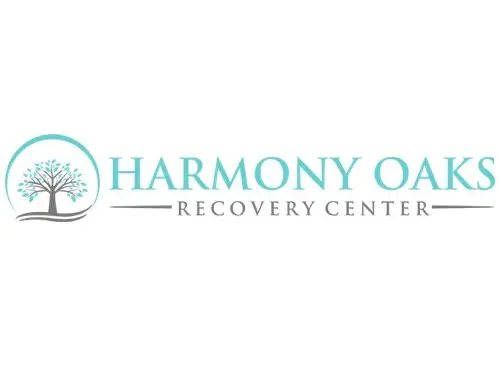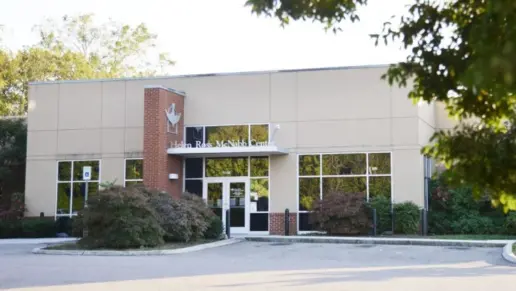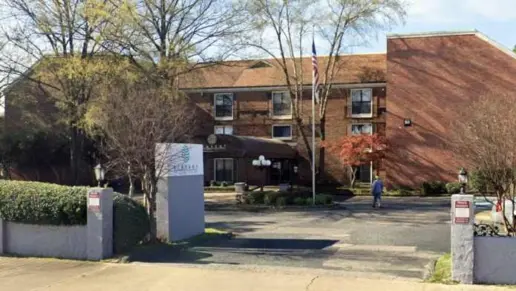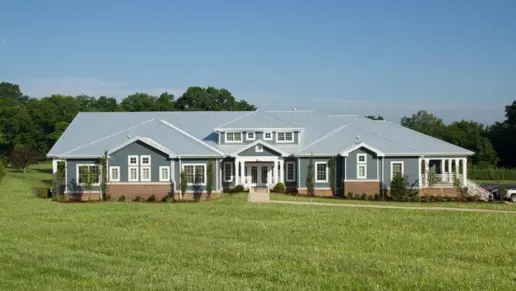About Harmony Oaks Recovery Center
Located in Chattanooga, Tennessee, Harmony Oaks Recovery Center provides outpatient mental and behavioral health care for adults, including medically supervised ambulatory detox, dual diagnosis care, partial hospitalization (PHP), intensive outpatient (IOP), general outpatient (OP), and aftercare programming. They are state licensed and Joint Commission accredited.
Treatment at Harmony Oaks Recovery Center begins with a comprehensive medical and mental health assessment and personalized care plan tailored to clients’ unique recovery needs and goals. Referrals for acute and subacute inpatient care are available as needed.
Their partial hospitalization (PHP) and intensive outpatient (IOP) programs offer high-level supervision and support and are ideal for clients in early recovery, those stepping down from inpatient care, and those at an elevated risk of relapse. Clients undergoing ambulatory detox receive robust medical supervision and may be prescribed FDA-approved medications to ease withdrawal symptoms and prevent complications. Clients also engage in intensive individual, group, and family counseling and recovery-focused life skills training addressing topics such as coping, self-care, and relapse prevention. An array of evidence-based complementary therapies is available, including eye movement desensitization and reprocessing (EMDR), meditation and mindfulness, yoga, and creative arts.
Their general outpatient (OP) and aftercare services promote clients’ long-term sobriety through a complete continuum of care and may include step-down support, 12 step program facilitation, and referrals for additional services.
Harmony Oaks Recovery Center accepts most major insurance plans, including Aetna, Anthem, BlueCross BlueShield, Beacon, Magellan, Humana, and Cigna. They may also accept Kaiser Permanente, Tricare, United Healthcare, and others. Out of network benefits can vary. Please check with your provider to verify coverage.
Rehab Score
Gallery
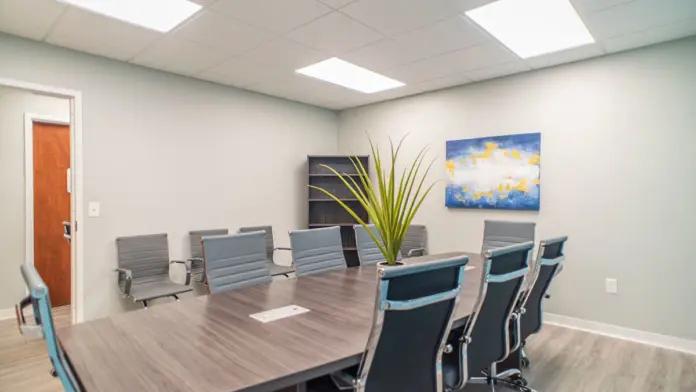
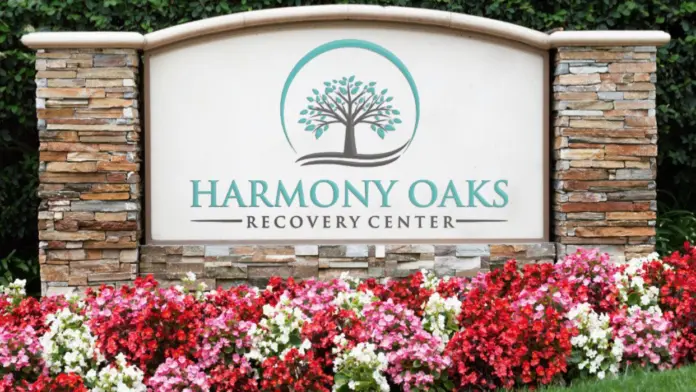
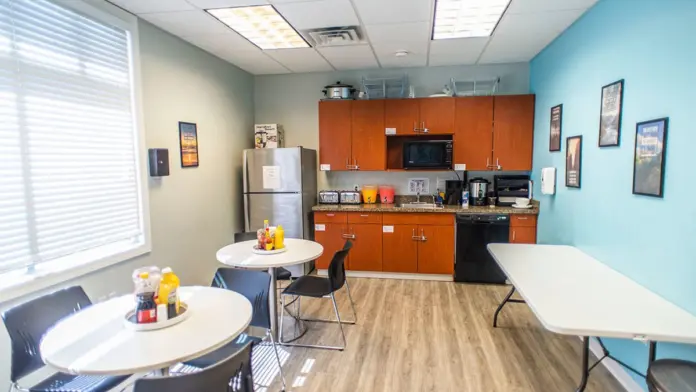
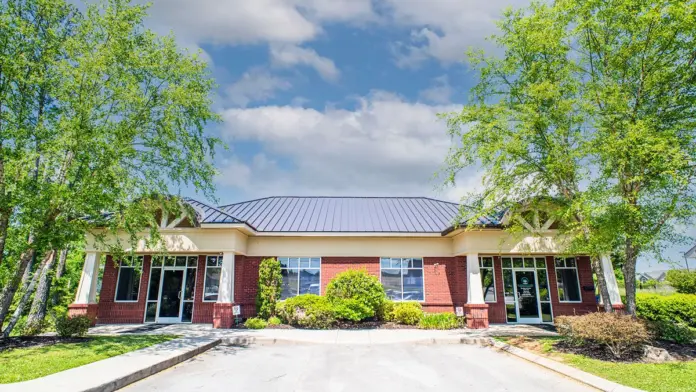
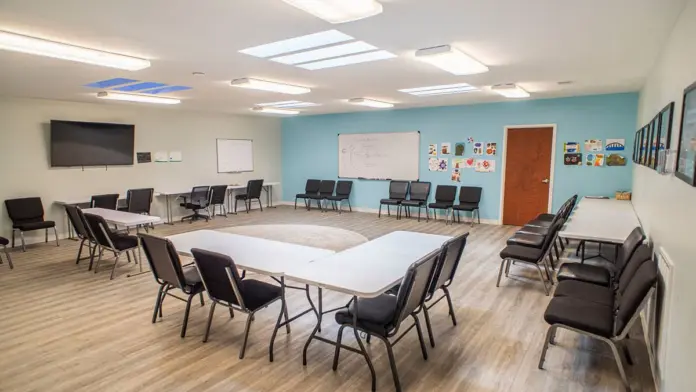
Location
Accepted Insurance
Other Forms of Payment
Private insurance refers to any kind of healthcare coverage that isn't from the state or federal government. This includes individual and family plans offered by an employer or purchased from the Insurance Marketplace. Every plan will have different requirements and out of pocket costs so be sure to get the full details before you start treatment.
Self-pay involves paying for treatment out of your own pocket. You can use savings or credit, get a personal loan, or receive help from family and friends to fund your treatment. If you don't have insurance or your insurance plan doesn't cover a specific program, self-pay can help ensure you still get the care you need.
Military members, veterans, and eligible dependents have access to specific insurance programs that help them get the care they need. TRICARE and VA insurance can help you access low cost or no cost addiction and mental health treatment. Programs that accept military insurance often have targeted treatment focused on the unique challenges military members, veterans, and their families face.
Addiction Treatments
Levels of Care
Treatments
A combined mental health and substance abuse rehab has the staff and resources available to handle individuals with both mental health and substance abuse issues. It can be challenging to determine where a specific symptom stems from (a mental health issue or an issue related to substance abuse), so mental health and substance abuse professionals are helpful in detangling symptoms and keeping treatment on track.
Programs

Clinical Services
Typical cognitive behavioral therapy in Tennessee involves recognizing negative thinking and learning techniques to change that thinking and create new, positive behaviors. Strategies may include SMART goals, journaling, and situation exposure.
Group therapy is any therapeutic work that happens in a group (not one-on-one). There are a number of different group therapy modalities, including support groups, experiential therapy, psycho-education, and more. Group therapy involves treatment as well as processing interaction between group members.
In individual therapy, a patient meets one-on-one with a trained psychologist or counselor. Therapy is a pivotal part of effective substance abuse treatment, as it often covers root causes of addiction, including challenges faced by the patient in their social, family, and work/school life.
Trauma therapy is a safe place to work through the lingering effects of traumatic events in your life. Your therapist will help you understand the physical and emotional responses that can develop after witnessing or experiencing a traumatic event. You then work toward developing healthier coping mechanisms to reduce your symptoms.
Family therapy uses a structured environment to address the complexities of addiction and the negative influences it has on the family unit. Therapists work with family members to develop effective coping and communication strategies that support their loved one's recovery while also focusing on the health and well being of each family member.
Amenities
-
Residential Setting
-
Private Rooms
Accreditations

State Licenses are permits issued by government agencies that allow rehab organizations to conduct business legally within a certain geographical area. Typically, the kind of program a rehab facility offers, along with its physical location, determines which licenses are required to operate legally.
State License: Tennessee

The Joint Commission, formerly known as JCAHO, is a nonprofit organization that accredits rehab organizations and programs. Founded in 1951, the Joint Commision's mission is to improve the quality of patient care and demonstrating the quality of patient care.
Joint Commission Accreditation: Yes
Contact Information
7609 Shallowford Road
Chattanooga, TN 37421
